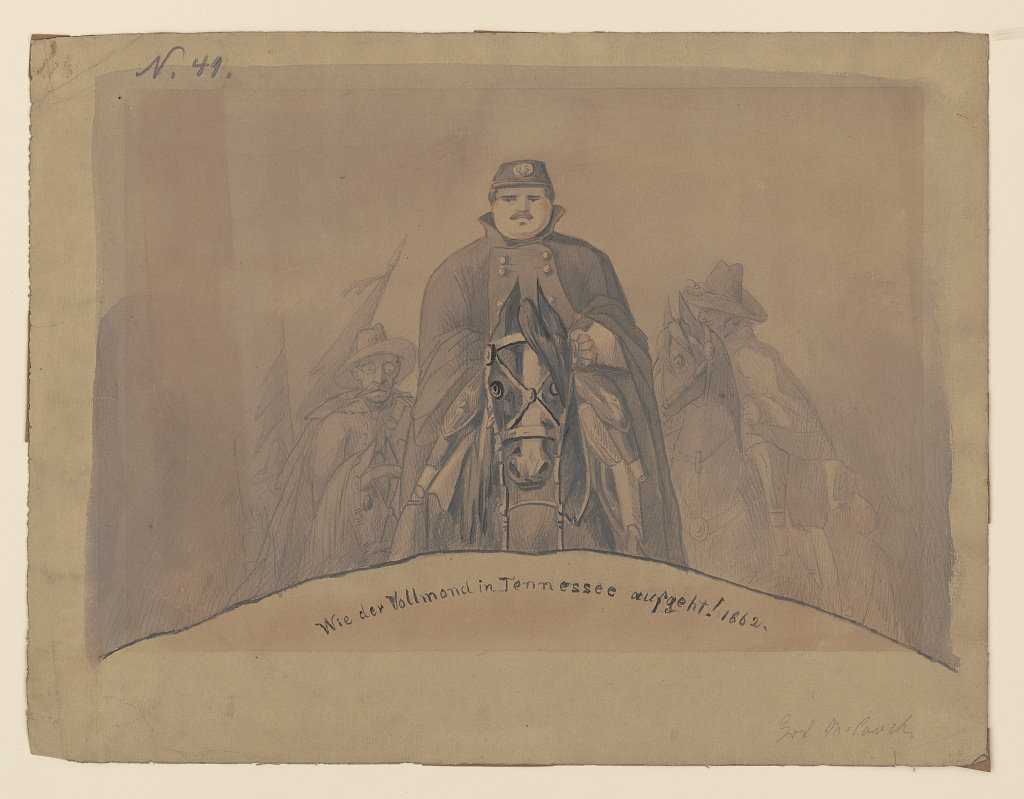The other day I was watching some of my favorite episodes of the Justice League cartoon. I went straight to the end of season 1 for the the three-part season finale: “The Savage Time”.
In “The Savage Time”, the Justice League (sans Batman) arrives home from a space mission to find the Earth changed in chilling ways. Touching down in Metropolis, they discover jackbooted sci-fi commandos patrolling the streets beneath building-length banners of one Vandal Savage. The League fall in with this timeline’s Bruce Wayne, still a bat-adjacent vigilante, but one who battles the Savage regime rather than supercriminals. The League discover that Vandal Savage used time travel to change the fate of the Second World War, helping the Nazis win while appointing himself the Supreme Leader of the regime. With Bruce’s help, they find the time travel technology Savage used and head back to the ‘40s.
In the past, the League explores different ways to resist Savage. Wonder Woman and the Martian Manhunter get entangled in espionage at the heart of the regime in Berlin. Superman, Hawkgirl, and Flash assist the Blackhawks, a group of airmen from the various countries occupied by the Nazis. Green Lantern, separated from the others after his ring loses its charge, falls in with a group of marines behind enemy lines. Lantern, himself a former marine, fights to prove himself against the hostility and suspicion of certain members of the unit, a plot point I see in sharper relief as an adult with a knowledge of the history of US military segregation. The cartoon show uses the John Stewart incarnation of Green Lantern, who is a Black man. His immediate rejection by one of the white marines of Easy Company makes almost too much sense.
It’s Lantern’s lonely struggle which brings him out of all the Leaguers to have the final confrontation with Vandal Savage. Again, as an adult, I see the choice to make Lantern the one who fights the Nazi overlord with greater poignancy. He takes Savage on one-on-one, without his power ring and without any superpowers, and he saves the world by crashing Savage’s command ship. Savage goes down with the ship, alone except for his bumbling subordinates. Lantern gets rescued by his teammates. They go back through the time portal and find their world restored, no one besides the Justice League able to remember the brief authoritarian perversion of reality.
It’s all right there. I would be insulting your intelligence to go on at length about why I went straight here when I decided I wanted to rewatch some of this show. This three-parter is likely one of the first places I learned about who Nazis were and what they believed. Like Indiana Jones, the other place I first ran into them, “The Savage Time” doesn’t dive deep into their repugnant ideology, but it lays down a couple clear lines: the Nazis are stupid, they are venal, they are violent, and we don’t like them. When we see them, we fight them.
For standards & practices reasons, the creators of Justice League couldn’t show anyone dying onscreen in the cartoon, except under very specific circumstances. They always have to show enemy pilots parachuting back to earth. They really test this rule here. There are several Nazi footsoldiers who definitely fully eat shit at the hands of our heroes, who – as you may know – are otherwise vehemently against killing their enemies.
I’m with it. If you’re a Nazi, Superman would straight up let you die, and he’d be right to do it. Fuck you.
But I was much more moved by another part of the story, the scene where Superman, Hawkgirl, and Flash meet the Blackhawks and hear their story. The show is called Justice League, Superman is the most iconic superhero ever created, but when he hears what the Blackhawks have accomplished and what they want to do to stop the Nazis, he says “How can we help?”
Not “I’m in charge now”. Not “Here’s what we’ll do”. “How can we help?”
It’s easy to fall into hero fantasies in a dark time. I’m literally talking to you about a superhero show; I am not immune to propaganda. But there’s something really important here, to me – Superman sees the fight and he knows which side he’s on. He also knows the Blackhawks have been in it a lot longer than he has. He puts aside his identity as basically the most important person in the whole DC universe to find out what they need from him, how he can give his power to them.
Even Superman knows that saving the world is not about being a hero, a liberator, an icon remembered forever. It’s about seeing those who are already in the fight and asking “How can I help?”

